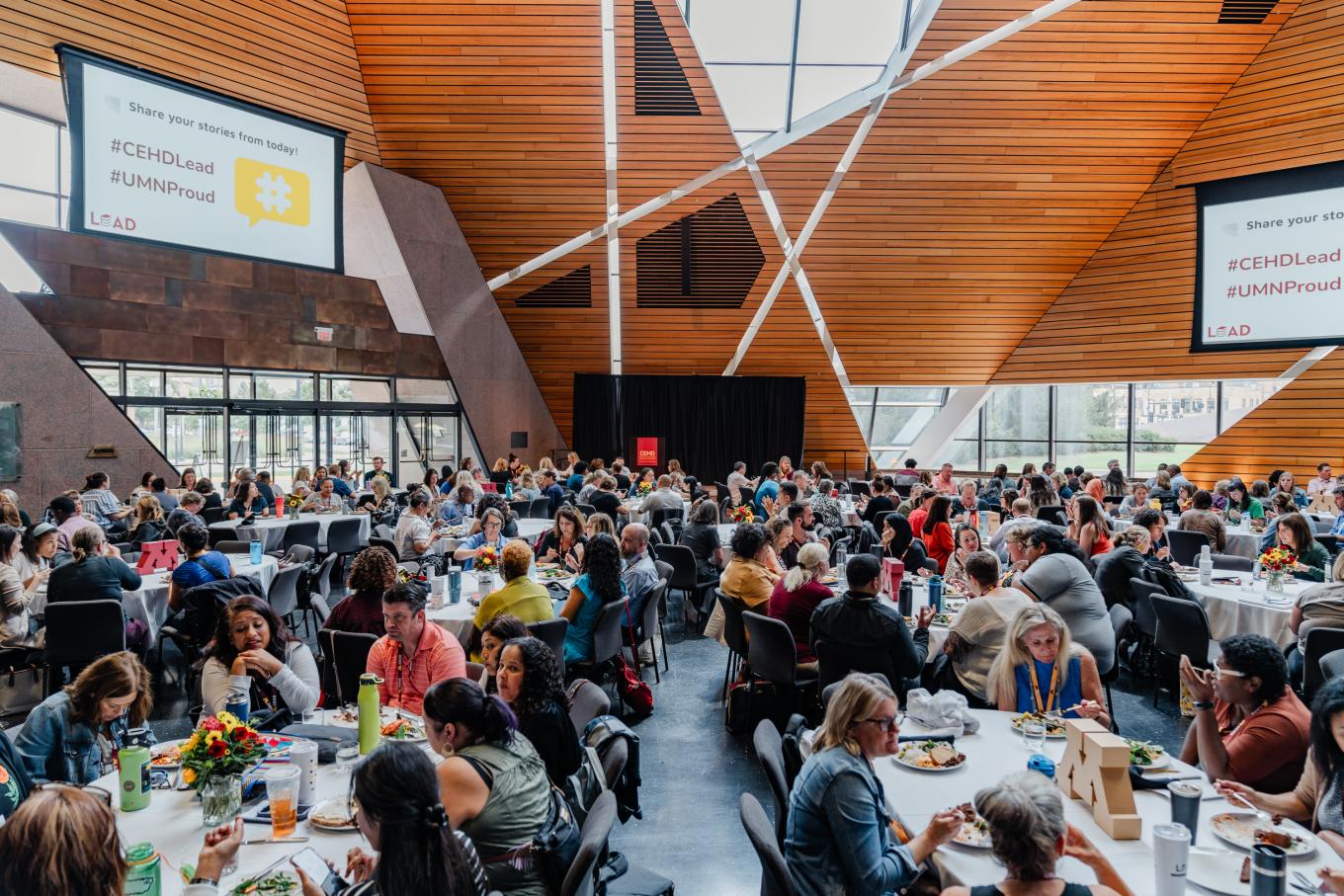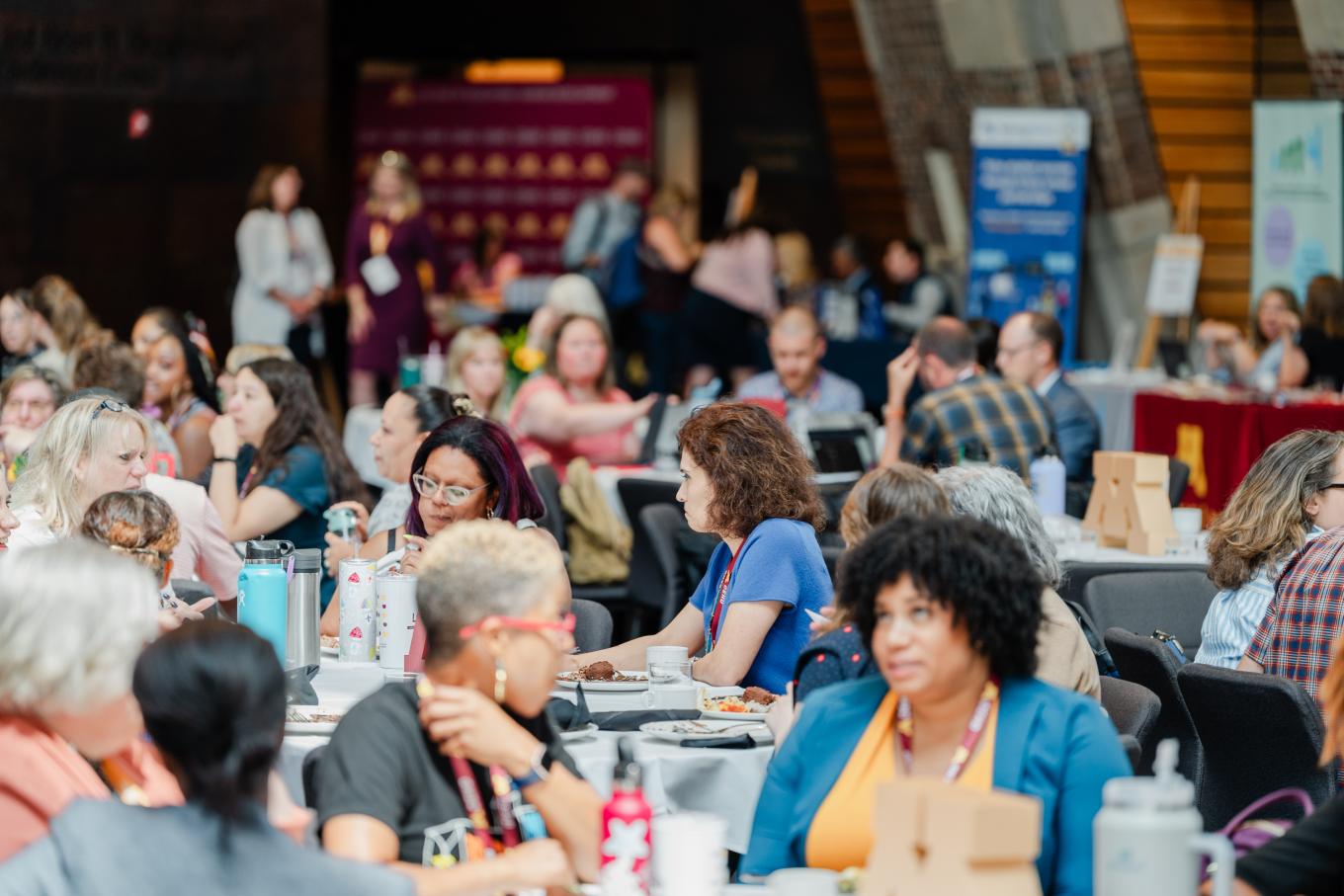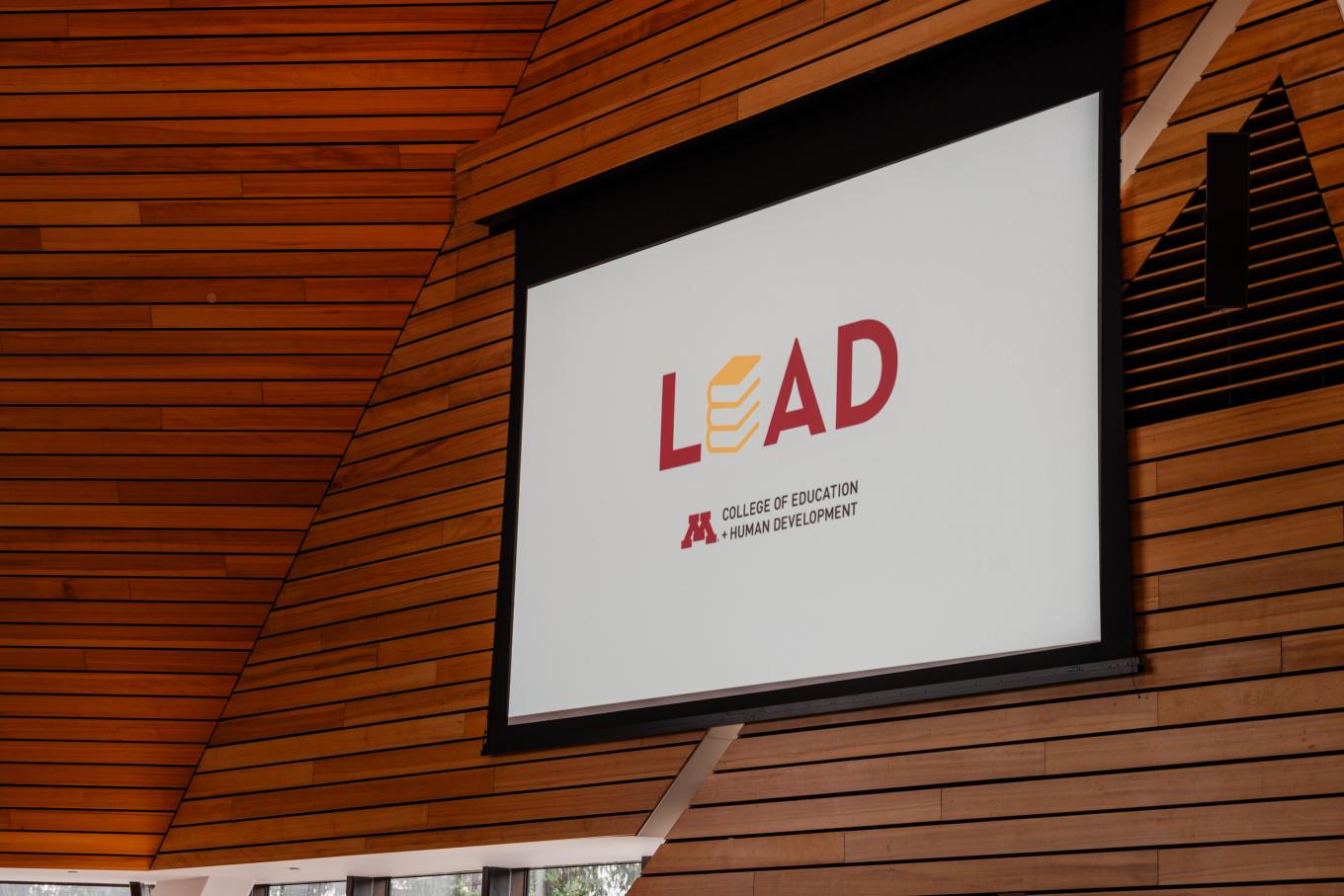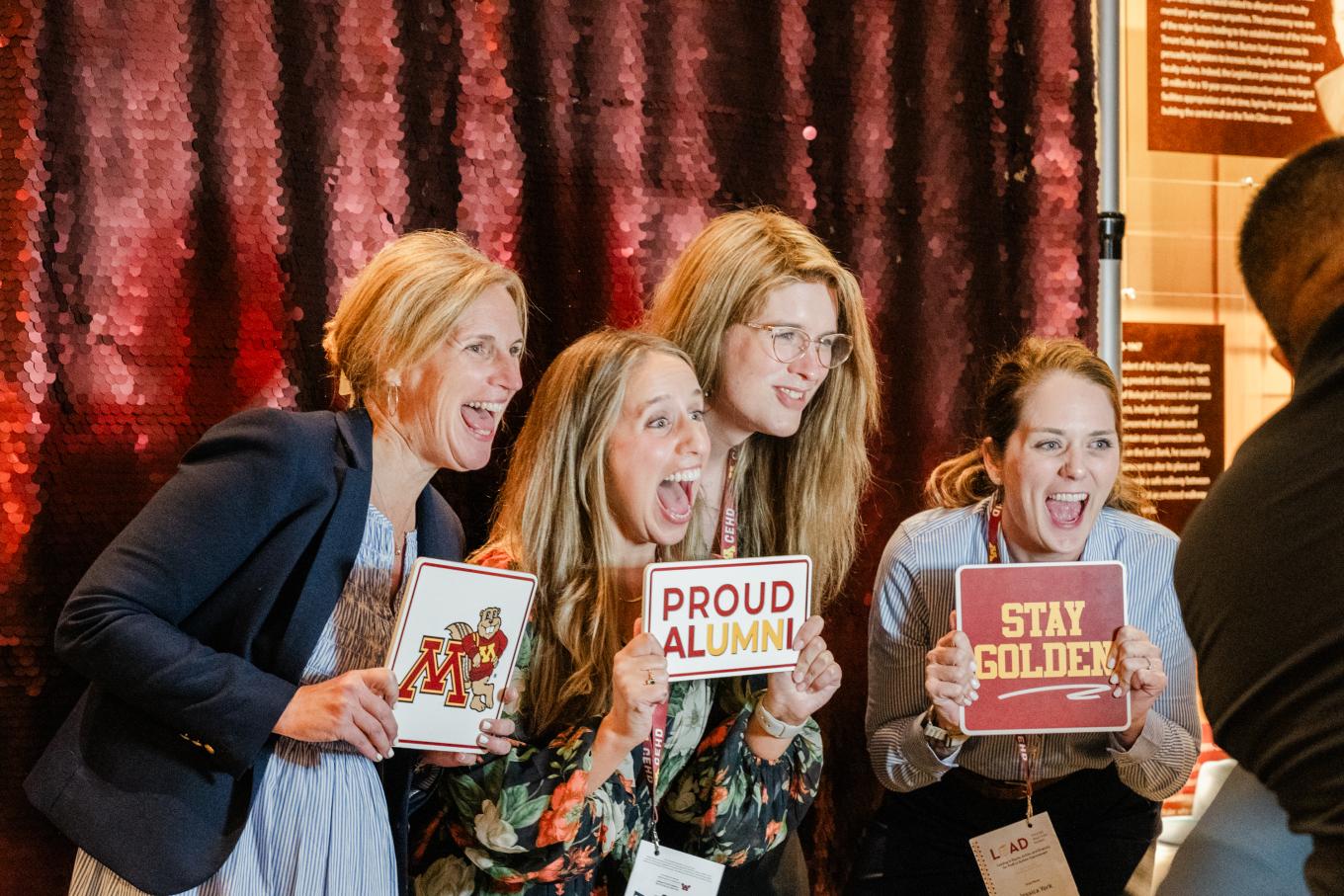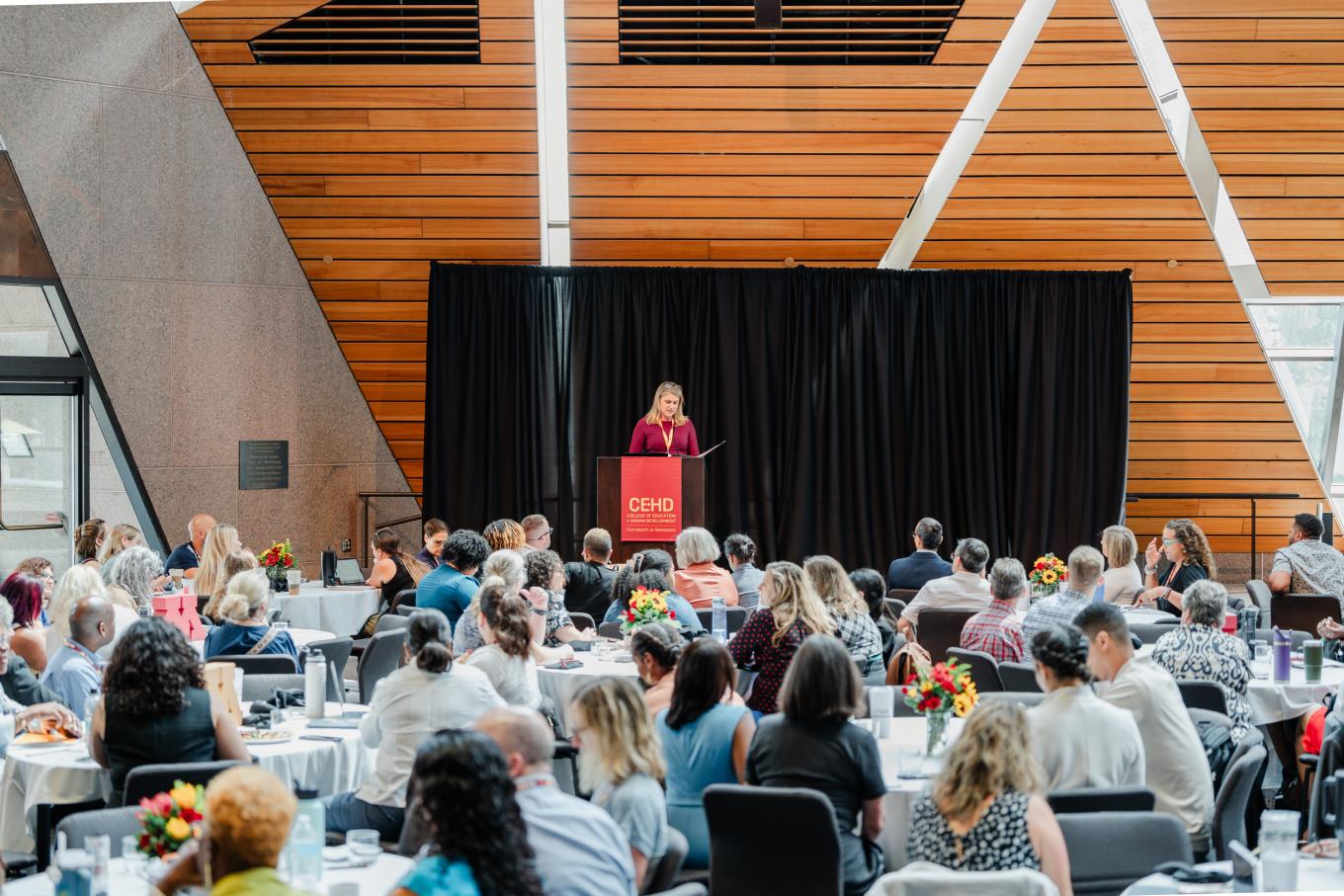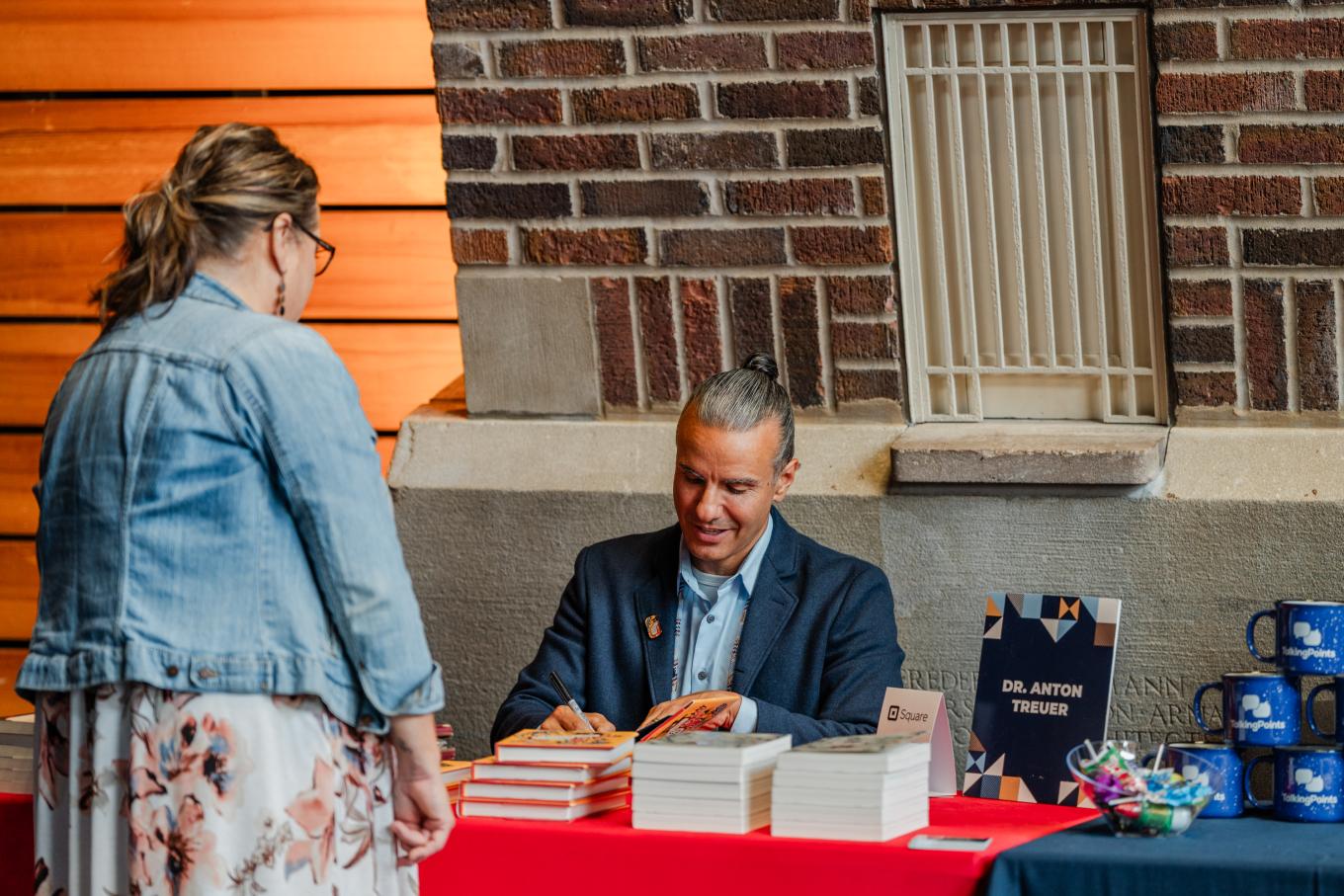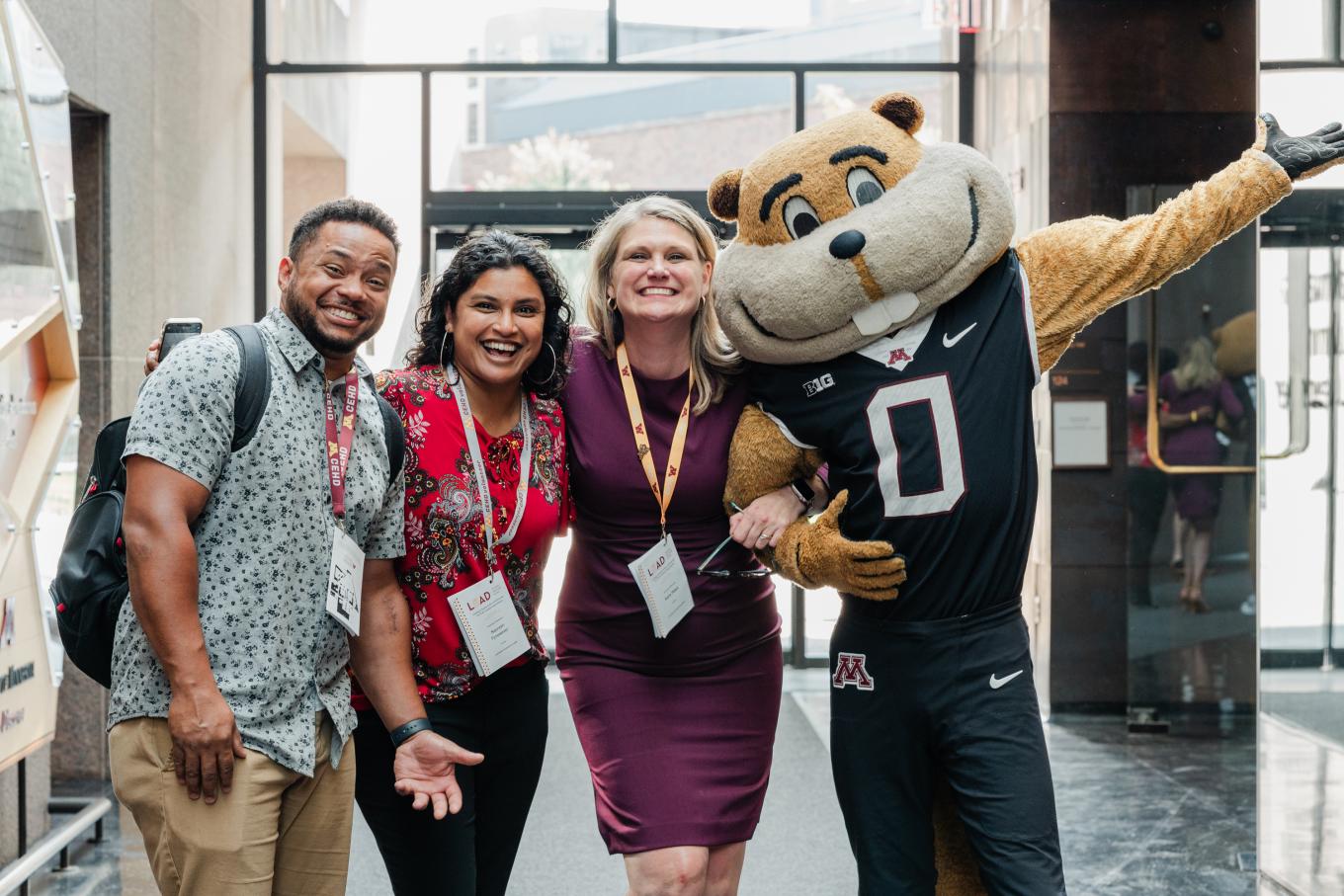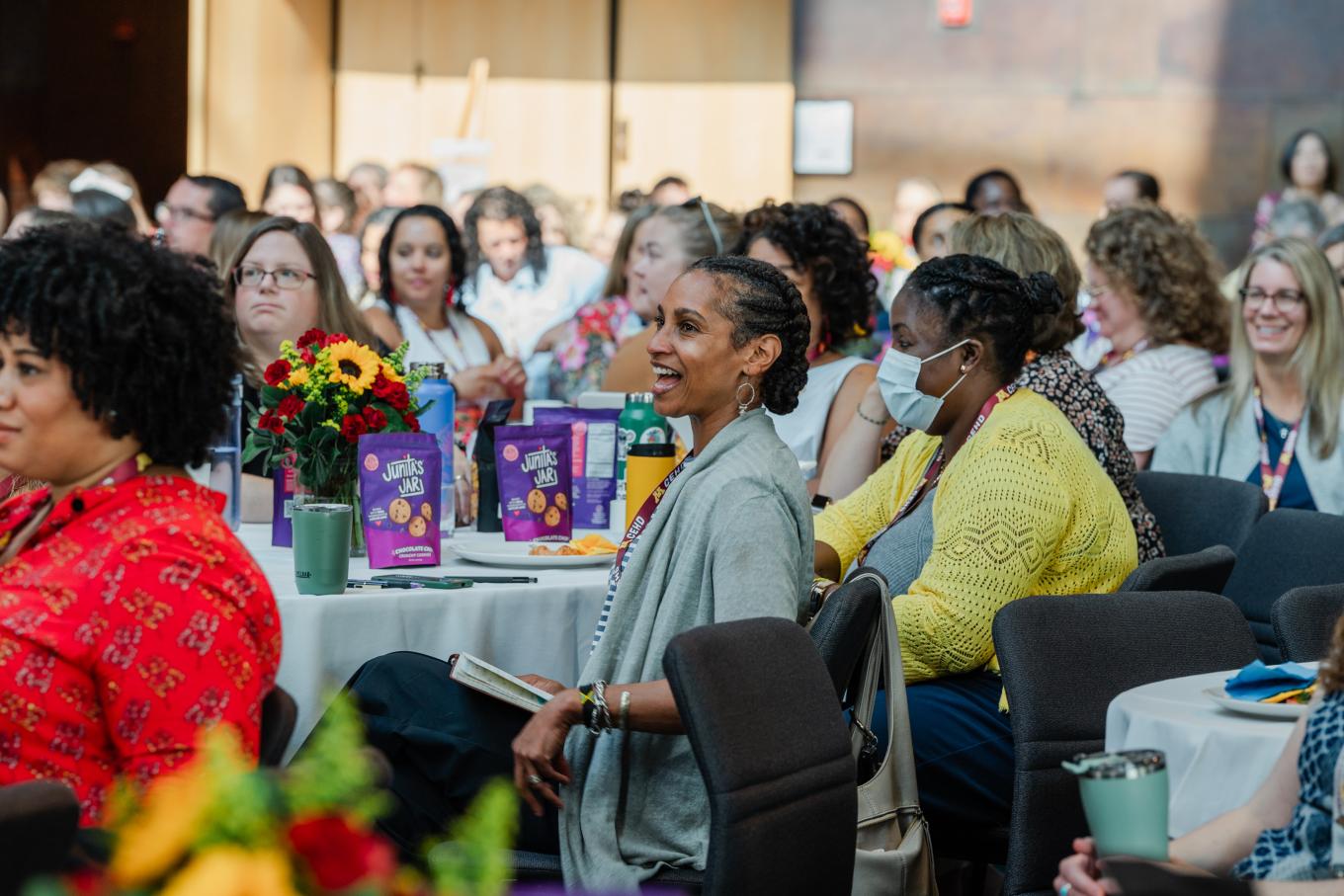LEAD conference
A CONFERENCE FOR EDUCATION LEADERSThank you for attending LEAD 2025!
The 2025 Leading in Equity, Action, and Diversity (LEAD) conference supports education leaders in improving PreK-12 school systems to disrupt pervasive racial inequities. It offers actionable insights, tools, and strategies for creating more equitable education systems that eliminate racial harm and disparities in students’ opportunities, experiences, and outcomes. All are welcome.
Adding a third day: Be At School
In 2025, we expanded to a three-day format, building on the two-day structure held since 2022. The third day, in partnership with Hennepin County’s Be At School, will focus on addressing barriers to school attendance for K-12 students and their families through collaborative, family-focused early interventions.
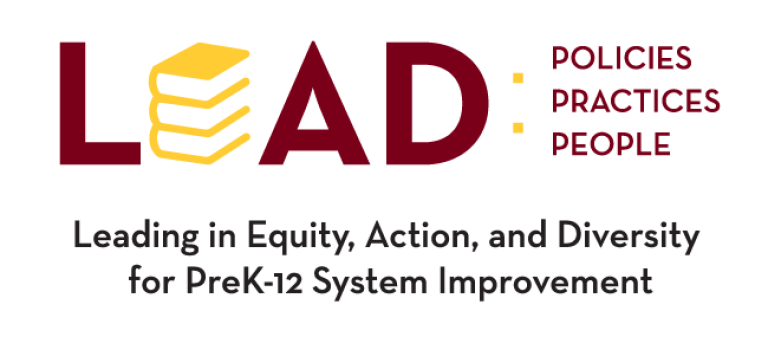

Non-discrimination statement
This event is open to all. The University of Minnesota shall provide equal access to and opportunity in its programs, facilities, and employment without regard to race, color, creed, religion, national origin, gender, age, marital status, familial status, disability, public assistance status, membership or activity in a local commission created for the purpose of dealing with discrimination, veteran status, sexual orientation, gender identity, or gender expression.
Land acknowledgement
The University of Minnesota Twin Cities is built within the traditional homelands of the Dakota people. It is important to acknowledge the peoples on whose land we live, learn, and work as we seek to improve and strengthen our relations with our tribal nations. We also acknowledge that words are not enough. We must ensure that our institution provides support, resources, and programs that increase access to all aspects of higher education for our American Indian students, staff, faculty, and community members.
